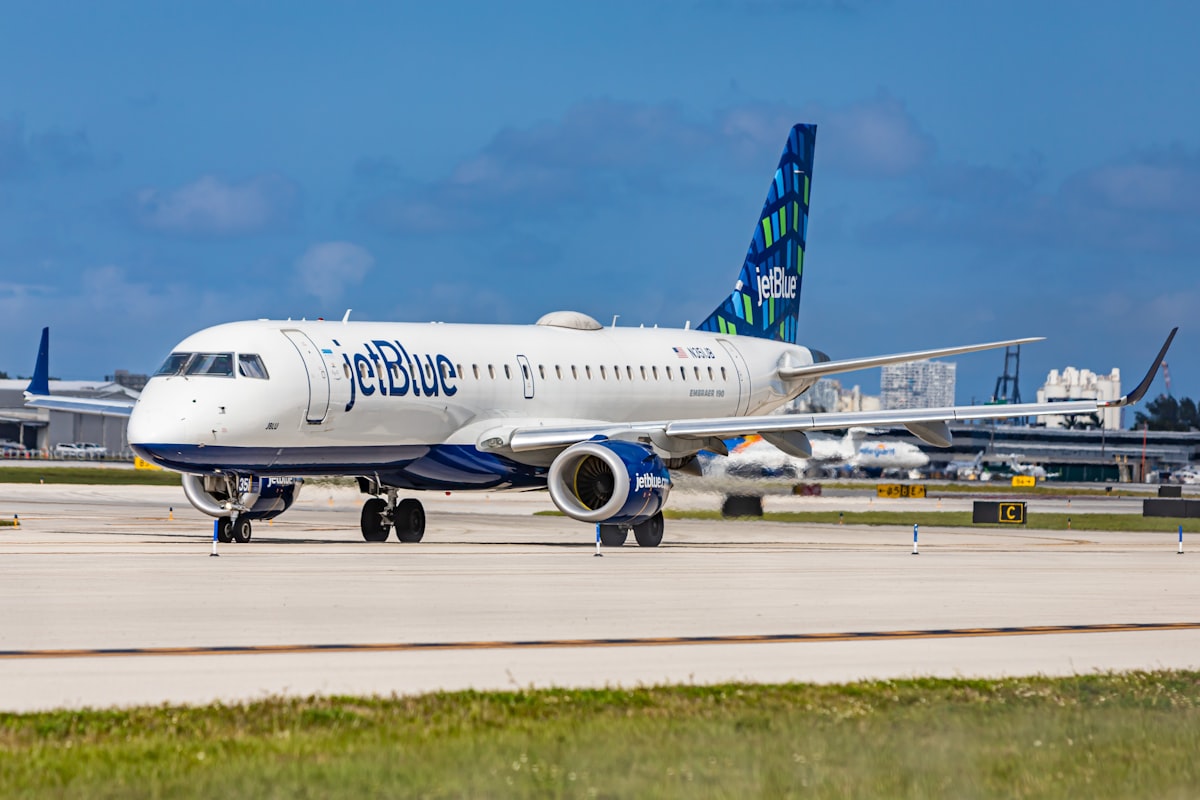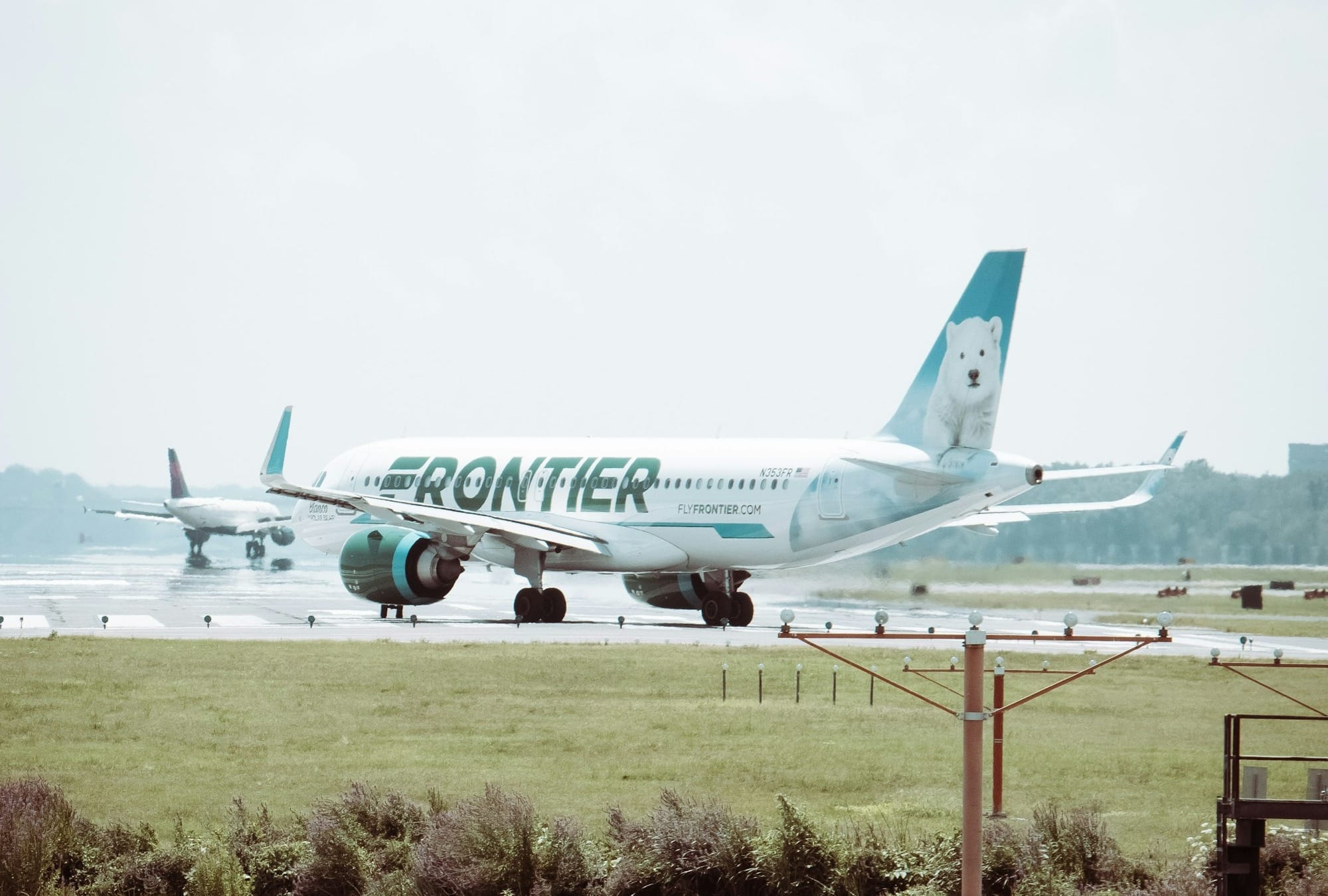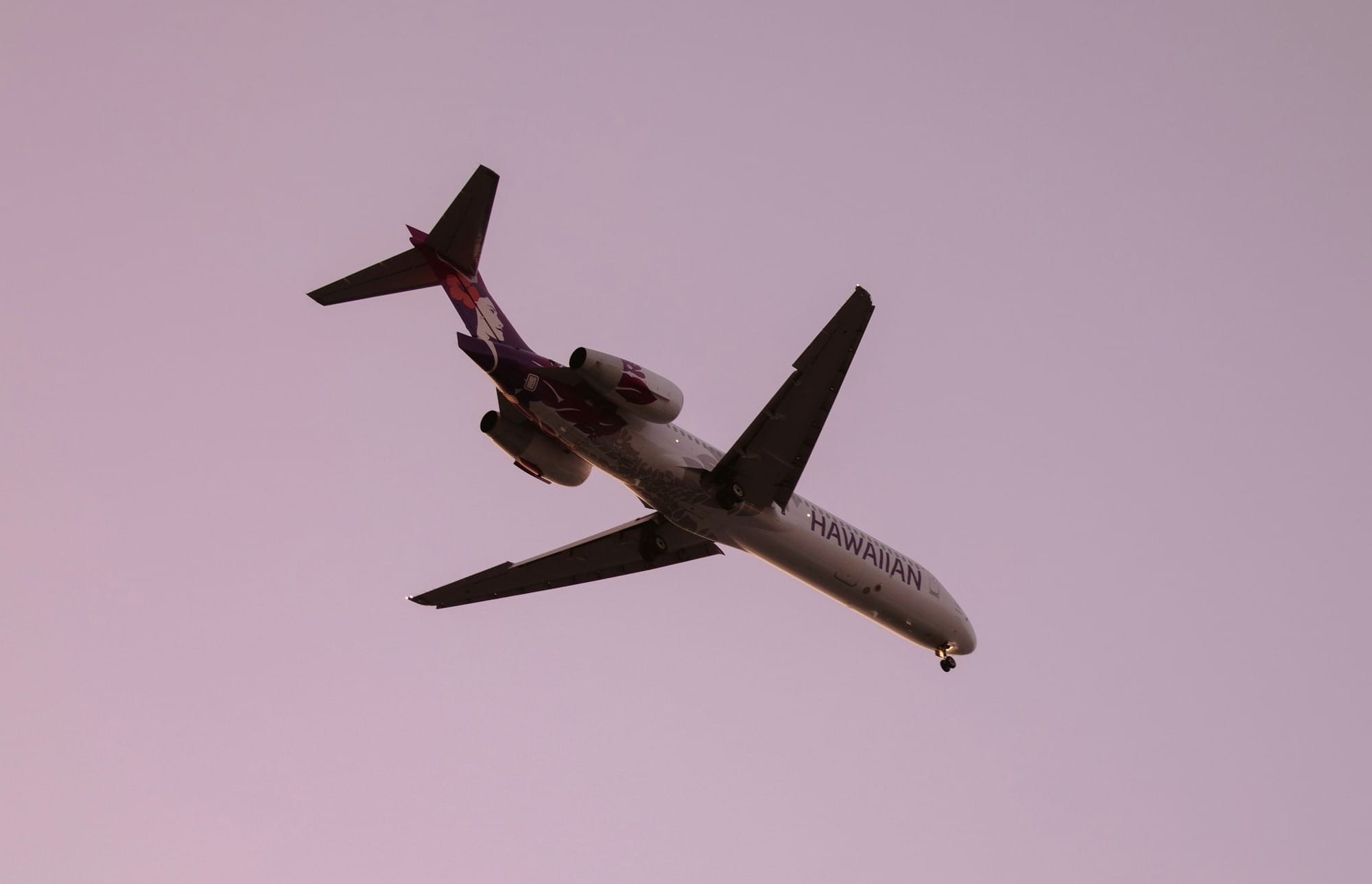JetBlue's Strategic Expansion: The Order of 30 Additional Airbus A220-300s
JetBlue Airways has made a significant move to expand and modernize its fleet by ordering an additional 30 Airbus A220-300 aircraft. This decision brings the airline's total firm commitment to 100 of these state-of-the-art jets.

JetBlue's Strategic Expansion: The Order of 30 Additional Airbus A220-300s
Key Takeaways:
- JetBlue has increased its Airbus A220-300 order to a total of 100 aircraft.
- The expansion is a strategic move to modernize the fleet and enhance passenger experience.
- The A220-300's fuel efficiency and range flexibility are key factors in JetBlue's fleet optimization.
JetBlue Airways has made a significant move to expand and modernize its fleet by ordering an additional 30 Airbus A220-300 aircraft. This decision brings the airline's total firm commitment to 100 of these state-of-the-art jets. The move is a clear indication of JetBlue's confidence in the A220-300 model and its strategy to enhance operational efficiency and passenger comfort.
The Significance of the Airbus A220-300 for JetBlue
JetBlue's decision to expand its order of Airbus A220-300s is a testament to the aircraft's performance and suitability for the airline's operations. The A220-300 is known for its fuel efficiency, reduced environmental footprint, and passenger-friendly features. With a range that allows for transcontinental flights, the A220-300 fits perfectly into JetBlue's route network, which includes a mix of short, medium, and long-haul destinations.
The A220-300's advanced aerodynamics, materials, and Pratt & Whitney PW1500G geared turbofan engines contribute to a 20% reduction in fuel burn per seat compared to previous generation aircraft. This efficiency is a cornerstone of JetBlue's strategy to reduce operating costs and minimize its environmental impact, aligning with the airline's sustainability goals.
JetBlue's Fleet Modernization Strategy
JetBlue's fleet modernization is a strategic initiative aimed at maintaining a competitive edge in the aviation industry. By increasing its order of Airbus A220-300s, the airline is set to phase out older, less efficient aircraft, such as the Embraer E190s. The modernization effort is not only about enhancing efficiency but also about improving the overall customer experience.
The A220-300 offers a spacious cabin with wider seats, larger windows, and improved cabin pressure and humidity levels, all of which contribute to a more comfortable journey for passengers. The aircraft's state-of-the-art cabin design aligns with JetBlue's reputation for providing a superior in-flight experience, including the airline's signature live television and high-speed Wi-Fi services.
Economic Implications of the Order
The economic implications of JetBlue's additional order are multifaceted. On one hand, the investment in new aircraft represents a significant capital expenditure. However, the long-term savings in maintenance and fuel costs, coupled with the potential for increased revenue from an enhanced passenger experience, are expected to offset the initial outlay.
Moreover, the A220-300's range and efficiency open up new route possibilities for JetBlue, potentially leading to market expansion and increased market share. The flexibility of the A220-300 allows JetBlue to optimize its network and adjust capacity to match demand on various routes, a crucial advantage in the dynamic airline industry.
Impact on JetBlue's Operational Efficiency
Operational efficiency is a critical factor for any airline, and JetBlue's additional A220-300s are poised to contribute significantly in this area. The A220-300's reliability and reduced maintenance requirements mean higher aircraft utilization and fewer disruptions to the airline's schedule. This reliability is essential for maintaining customer satisfaction and operational performance.
The commonality in cockpit design between the A220-300 and other Airbus aircraft also allows for more streamlined pilot training and scheduling. This commonality can lead to cost savings and operational flexibility, as pilots can more easily transition between different Airbus models in JetBlue's fleet.
Enhancing Passenger Experience
JetBlue has always placed a strong emphasis on passenger experience, and the Airbus A220-300 supports this commitment. The aircraft's modern amenities, such as high-resolution touchscreens, USB ports at every seat, and the latest in-flight entertainment systems, are in line with JetBlue's vision of offering a superior travel experience.
The A220-300's cabin is designed to feel more spacious and comfortable, with larger overhead bins for carry-on luggage and improved lighting systems that reduce jet lag. These features demonstrate JetBlue's dedication to passenger comfort and convenience, which is a key differentiator in the competitive airline market.
Sustainability and Environmental Responsibility
Sustainability is an increasingly important consideration for airlines, and JetBlue's additional order of Airbus A220-300s reflects its commitment to environmental responsibility. The A220-300's fuel efficiency and reduced emissions support JetBlue's goal of decreasing its carbon footprint and contributing to a more sustainable future for aviation.
JetBlue's investment in the A220-300 is part of a broader sustainability strategy that includes carbon offsetting programs and initiatives to reduce waste and increase the use of sustainable aviation fuels. The airline's proactive approach to sustainability is not only good for the planet but also resonates with environmentally conscious consumers.
The Competitive Advantage of the A220-300
JetBlue's expanded fleet of Airbus A220-300s provides the airline with a competitive advantage in several ways. The aircraft's cost-effectiveness and operational benefits allow JetBlue to offer competitive fares while maintaining profitability. Additionally, the A220-300's versatility in serving various market segments, from short-haul to transcontinental routes, gives JetBlue the flexibility to adapt to changing market conditions.
The A220-300 also sets JetBlue apart in terms of passenger experience, with features that rival those of larger, wide-body aircraft. This competitive edge is crucial in attracting and retaining customers in a market where travelers have numerous choices.
The Future of JetBlue's Fleet
With the order of 30 additional Airbus A220-300s, JetBlue's future fleet composition is set to be more efficient, modern, and passenger-centric. The airline's strategic planning indicates a focus on growth, operational excellence, and maintaining a young, state-of-the-art fleet that meets the demands of the modern traveler.
As JetBlue continues to receive deliveries of the A220-300, the airline will likely phase out older aircraft, streamline operations, and potentially introduce new routes that were not feasible with the previous fleet. The A220-300 is poised to play a pivotal role in shaping the future of JetBlue's operations and market presence.
Summary
JetBlue's order of an additional 30 Airbus A220-300 aircraft is a significant step in the airline's fleet modernization and expansion strategy. The A220-300's fuel efficiency, operational flexibility, and passenger comfort features align with JetBlue's goals of reducing costs, enhancing the travel experience, and committing to sustainability. This strategic investment positions JetBlue to strengthen its competitive advantage and adapt to the evolving demands of the airline industry.
FAQ Section
Q1: Why did JetBlue choose the Airbus A220-300 for its fleet expansion? A1: JetBlue chose the Airbus A220-300 for its exceptional fuel efficiency, operational flexibility, and passenger comfort features. The aircraft aligns with the airline's goals of modernizing the fleet, reducing environmental impact, and enhancing the overall travel experience for its customers.
Q2: How will the additional A220-300s impact JetBlue's operational efficiency? A2: The A220-300s will improve JetBlue's operational efficiency through higher reliability, reduced maintenance requirements, and commonality with other Airbus aircraft, which streamlines pilot training and scheduling. These factors contribute to better aircraft utilization and fewer schedule disruptions.
Q3: What are the environmental benefits of the Airbus A220-300? A3: The Airbus A220-300 offers environmental benefits such as a 20% reduction in fuel burn per seat compared to previous generation aircraft, lower emissions, and a reduced noise footprint. These features support JetBlue's sustainability goals and commitment to reducing its carbon footprint.



